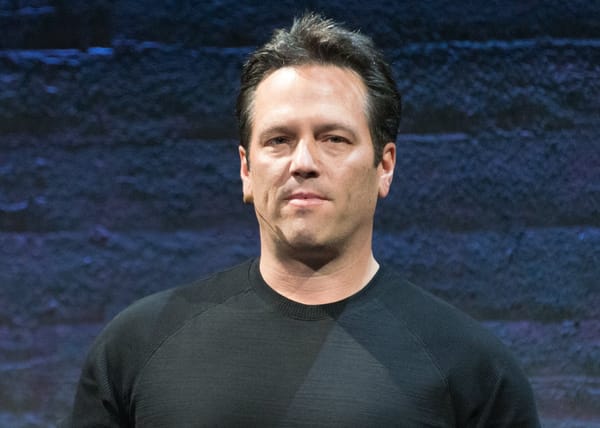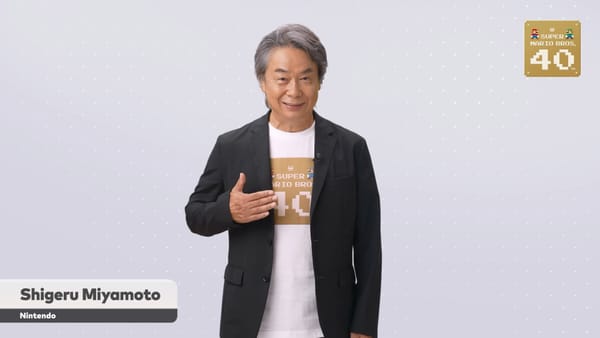Grinding through depression
I find it hard to enjoy games when I'm depressed, but they help me claw my way out of the darkness.
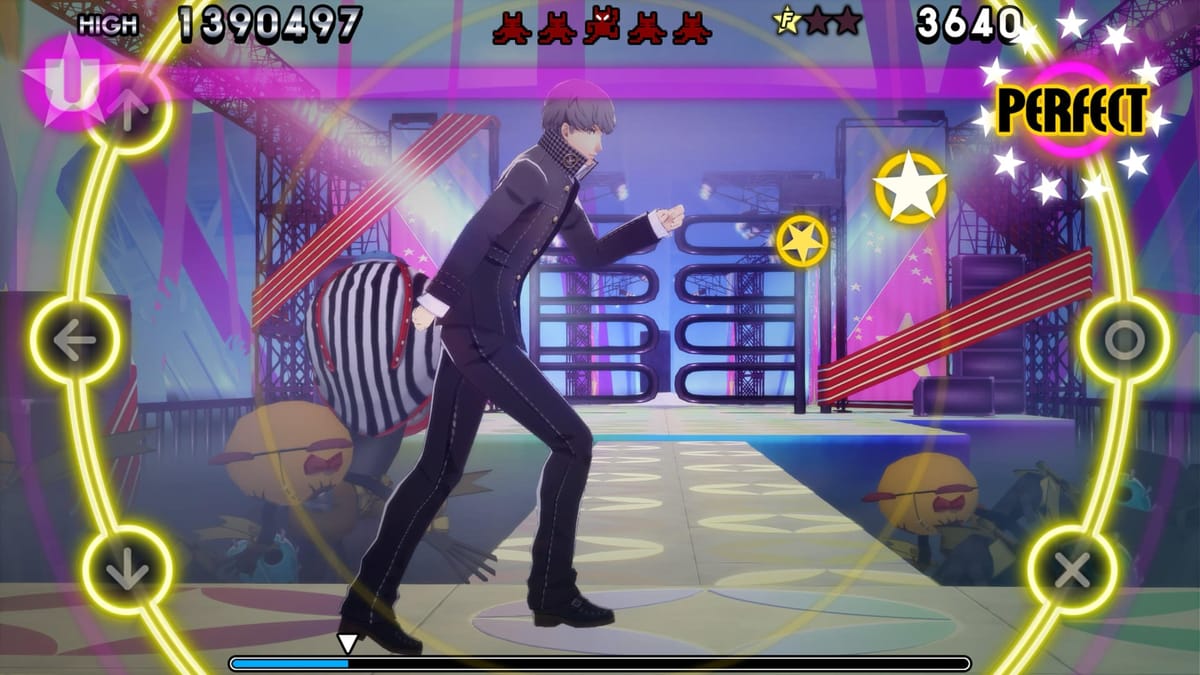
In video game parlance, grinding means repeatedly performing a basic task to slowly accumulate rewards, whether it’s money, items or experience points. The gains are minimal, but the task is simple. If you’re patient enough to keep at it for hours, it can be an easy way to gain the resources you need to progress through a game.
Grinding is a common part of gaming, but it's not one you hear people talk about. That's not because it's a shameful tactic, it's because grinding is really boring. It’s far more fun to challenge yourself against a powerful enemy and to be showered with loot; it’s less fun to spend hours repeatedly clearing out the same field of basic enemies over and over again to gain the same reward.
When I’m depressed, I like to grind.
I’ve been grinding a lot recently.
Depression sucks the joy out of life. This might sound a bit dramatic, but I feel like the world is a little bit darker when I'm depressed; the sun's a bit dimmer, the colors of the world less vibrant and more muted. I find it hard to pay attention to the TV or a book, always losing track of where I am.
I struggle to play games when I'm depressed too. It might make sense to do something I love as a counterweight, or as a way to provide a distraction from the negative feelings. But depression dulls my energy, dulls my enthusiasm, and ultimately, dulls the fun I get from playing a game.
When I'm depressed, I try to avoid starting new games. This is why I’ve currently stalled on playing Clair Obscur: Expedition 33, even though I've wanted to play it for ages. I want to be in a decent state of mind when I play a new game like that: I want to immerse myself in the story, to really get lost in the unique world of the game. I want to savor it, but it's on my backlog because I don’t really feel like savoring anything right now.
And so, at times like these, I turn to grinding. Performing a small, mechanically simple task doesn’t take a lot of brain power, but it does take just enough of it that I am, momentarily at least, distracted from (waves vaguely) all this.
If I’m playing an RPG like Metaphor: ReFantazio or Like A Dragon: Infinite Wealth, I’ll stop doing story missions and just mindlessly roam around defeating simple enemies to level up my characters. More recently, I’ve gone back to Pokémon Scarlet to hunt for rare, shiny Pokémon. It’s a repetitive slog. But hey, I’m into that right now.
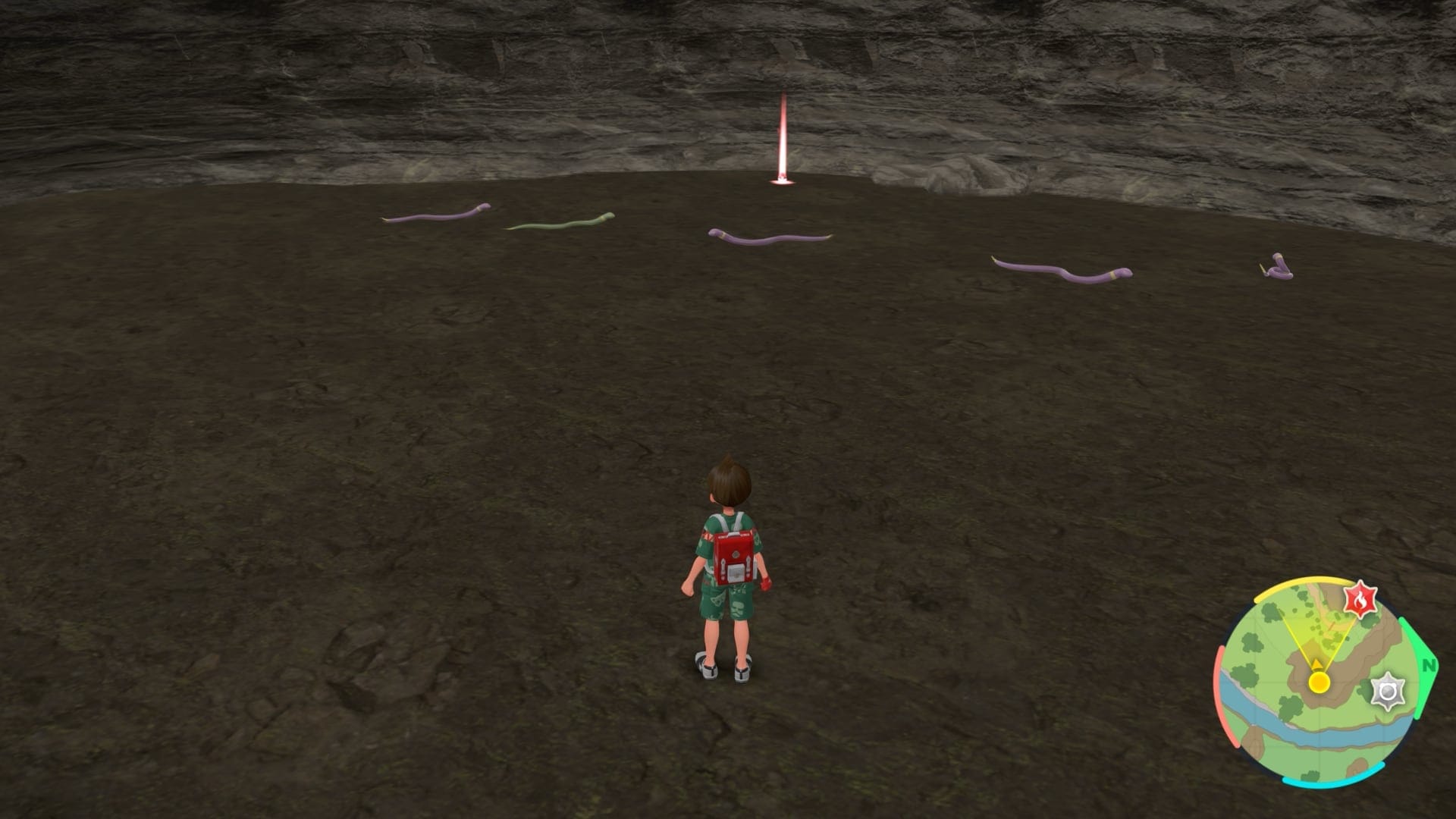
A couple of years ago, at a particularly low point, a very different sort of game helped me claw my way out of the dark. It might seem like a very strange game for a depressed person to be drawn to, so much so that I am mildly embarrassed to share... but, deep breath, here we go: it was a pair of dancing games based off the Persona RPG series.
Persona 4: Dancing All Night and Persona 5: Dancing in Starlight aren’t dancing games that you physically move to, like Dance Dance Revolution or Just Dance, but games where you sit motionless on a couch pushing buttons on a controller in time with a selection of songs from the series. I have no idea why I bought them, to be honest. I don't particularly like music and I don't dance. And I can't say I'm playing it for the story, either: Persona games are known for long and elaborate storylines, but these have the flimsiest of plots. Whatever story they do have is just an excuse to justify the heroes of a very serious RPG taking a break from saving the world to, er, dance.
Whatever the reason, I did buy them. And one dark day, searching for literally anything else to play, I stumbled across them on my PlayStation library, booted them up, and became mildly obsessed with earning every single achievement.
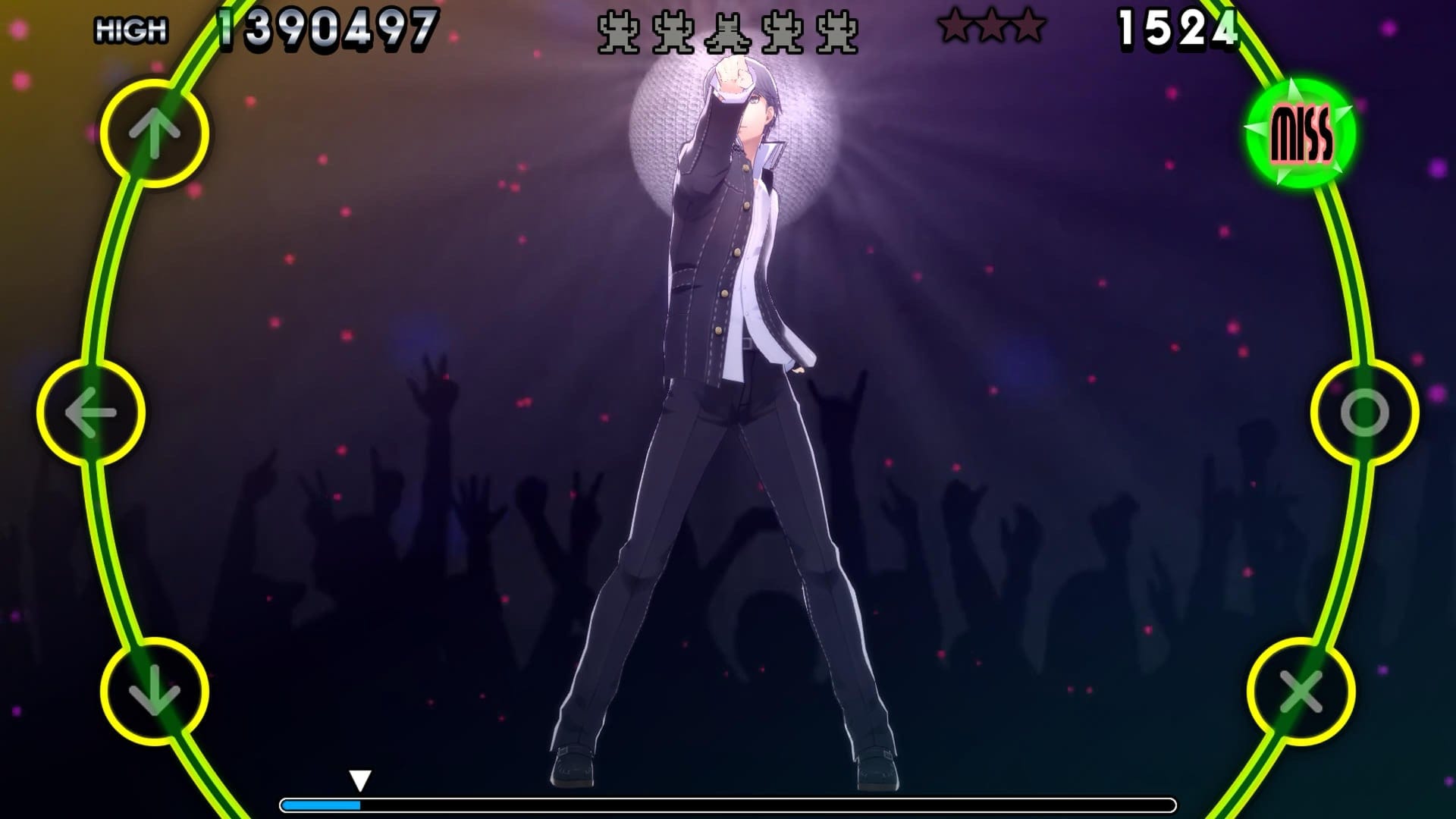
It wasn't that the achievements were particularly interesting or fun; they weren't. They were just a thing to do, a target to aim for. Crucially, they weren't difficult, just time-consuming. It felt like something I could do. And when you're in that state of mind where you don't feel like you can do anything, that was already a big win.
I played the easiest songs on the lowest difficulty settings over and over again for weeks. Sure, I could earn the game's achievements faster by playing the toughest songs on the highest difficulty level, which would net me a ton of points. But I wasn’t looking for a challenge. I wasn't able to focus enough on something tricky, and I definitely wasn't mentally ready to fail. Instead, I chose the easy route and banked far fewer points.
Even though it wasn’t much, it was something. Adding them to my total meant I was making progress; slow progress, sure, but still progress towards my goal. That the goal — completing everything in a dancing video game while physically remaining stationary on the couch — was arbitrary, meaningless and faintly absurd wasn’t really the point. The point was that I had a mission, and taking an hour to grind towards that goal made me feel like I had done something that day.
Grinding is all about progress. Slow, steady, boring progress, but progress nonetheless. And I needed that. It was a salve in my darkest days.
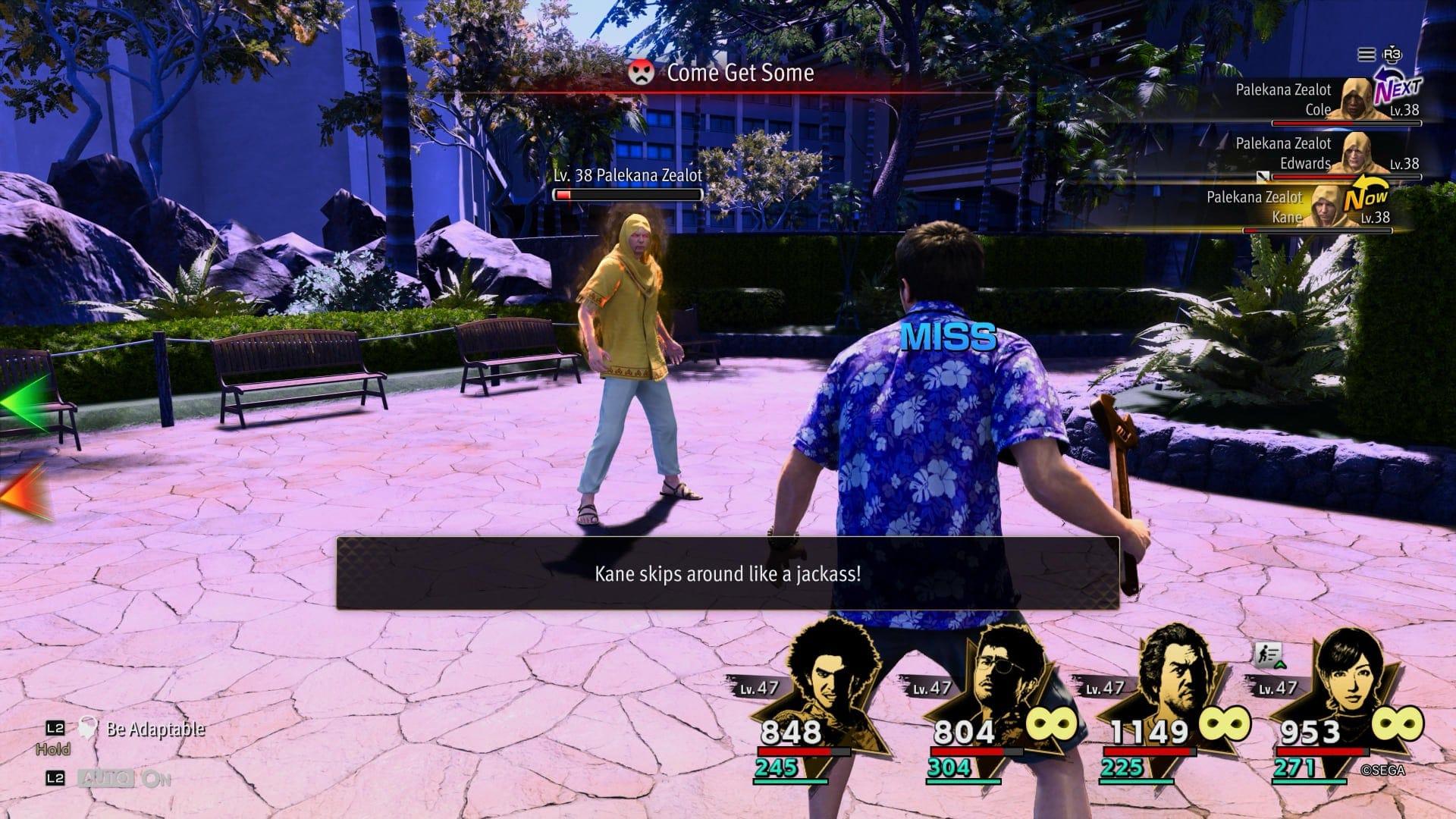
If this was a LinkedIn post, this would be the point where I pivot to telling you how I’ve carried this philosophy into the rest of my life and how it has forever changed my outlook. And you know what, I can actually see a lesson in here. I can see how this should teach me that notching small wins, no matter in what form, no matter how apparently meaningless, can give me back the momentum that depression had taken away.
That makes sense. But I'm not ready to embrace that yet. Grinding is still a temporary comfort. It's something I'm using right now while things are tough to help me cope.
And that’s okay too. We all need help, and we all have routines to help us get through the darkness.
Even if it means turning to a dancing game.


